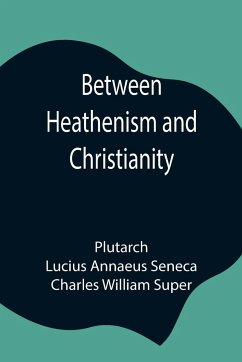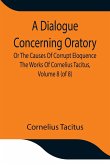A brief, provocative bridge between two ancient minds and two pivotal themes-providence and governance-now brought vividly to modern shelves. In this carefully crafted edition from Alpha Editions, readers encounter a remarkable classical translation collection that blends Seneca's De Providentia with Plutarch's De Sera Numinis Vindicta, alongside notes and additional extracts that illuminate greco-roman life in the first century after Christ. The work offers enduring insights into morals and providence themes, framed by a dialogue between stoic and roman reflections and the broader currents of ancient ethics and religion. This volume is more than a translation; it is a historically significant voyage into public life and private conscience within the ancient roman empire. It speaks to scholars and students of history, to researchers in classical studies, and to lovers of anthology of ancient texts alike, inviting careful reading and fresh interpretation. The prose remains accessible yet deeply reverent, guiding casual readers and classic-literature collectors toward a richer sense of how ancient thinkers wrestled with fate, duty, and governance. Out of print for decades and now republished by Alpha Editions, this edition is restored for today's and future generations. More than a reprint, it is a collector's item and a cultural treasure-a definitive touchstone for anyone exploring greco roman philosophy and biography, ancient philosophy essays, and the enduring conversation between personal virtue and public life.
Bitte wählen Sie Ihr Anliegen aus.
Rechnungen
Retourenschein anfordern
Bestellstatus
Storno








